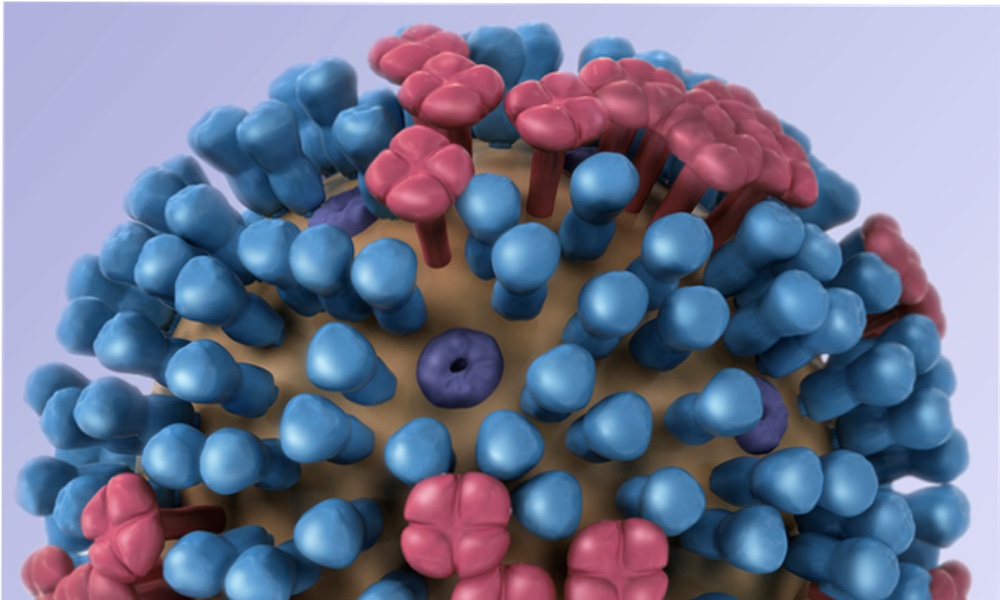Sudden cardiac arrest may very well have been misnamed. Evidence is accumulating that many people experience warning signs before it strikes.
Over half of the survivors of cardiac arrest in one study done in the Portland, Oregon area had warning signs in the month before the arrest, some within 24 hours of the event. The most common symptoms were shortness of breath or chest pain.
People in the Portland study who had symptoms and called 911 were more than five times as likely to survive as those who didn't call in. That's a reminder to take these symptoms seriously and seek prompt medical care when they occur.People sometimes use the terms cardiac arrest and heart attack interchangeably, but they are not the same.
People sometimes use the terms cardiac arrest and heart attack interchangeably, but they are not the same. Both are serious medical conditions that require immediate attention, but cardiac arrest is the more serious of the two. In cardiac arrest, the heart stops pumping blood to the rest of the body. A person quickly loses consciousness and death usually occurs in minutes if they do not receive treatment — commonly CPR or defibrillation.
In a heart attack, the heart muscle becomes damaged and can no longer pump blood as well as it should, but it is usually still pumping. The new study by researchers from Copenhagen University Hospital and other Danish institutions looked at nearly 30,000 cases of cardiac arrest that occurred in Denmark between 2001 and 2014.
In the year before their arrest, the number of people who contacted their doctor each week remained fairly constant, with about 26 percent of the people doing so. But in the two weeks right before cardiac arrest, this rose to 54 percent.
Patients who contacted a hospital also peaked in those two weeks.
Though it's not currently possible, more research along these lines may eventually identify blood or other biomarkers that pinpoint who is at risk of sudden cardiac arrest and make it possible to prevent it from occurring. In the meantime, the findings underscore the importance of listening to your body. If something doesn’t feel right, get it checked out.
Bystanders who witness cardiac arrest can double or even triple the chance of survival by performing Hands-Only CPR on the victim. The American Heart Association recommends compressing the chest to the beat of the disco song “Stayin' Alive.”
The Danish study was presented at ESC Congress 2020, the Congress of the European Heart Society. This year's Congress was a virtual event.





